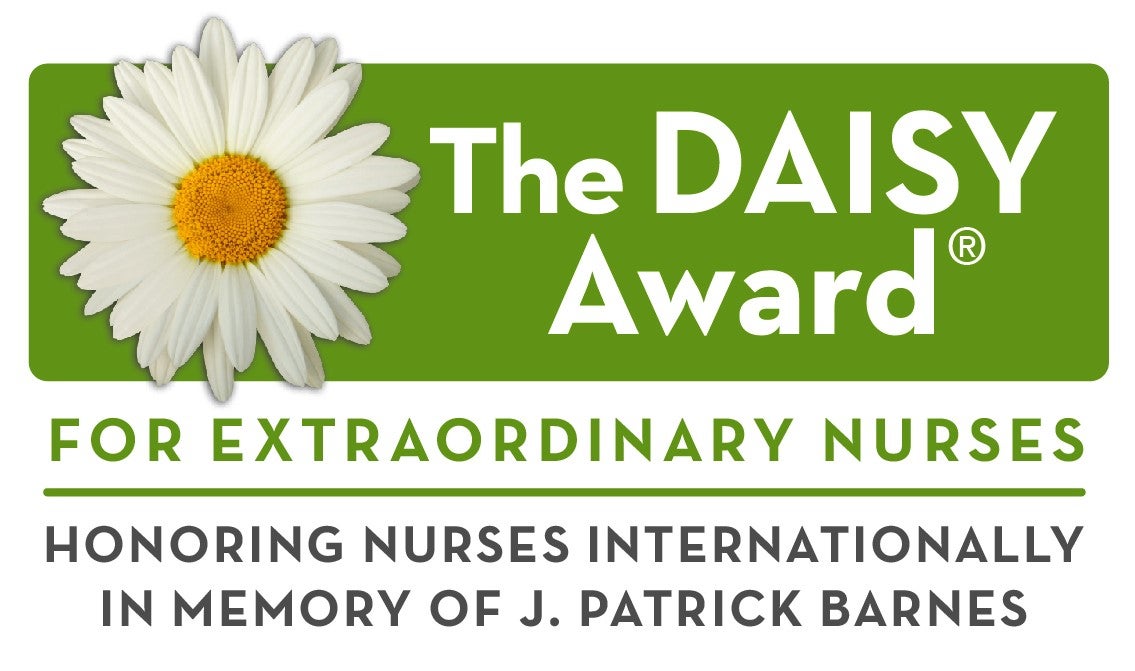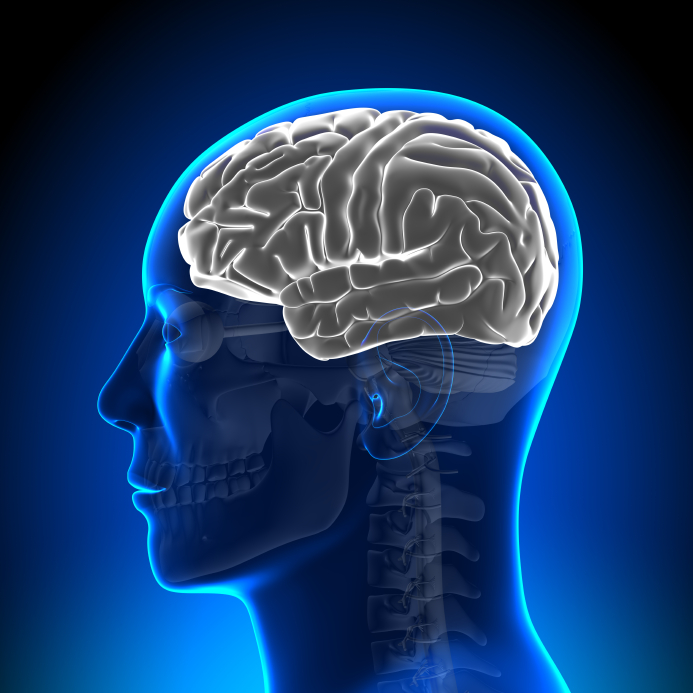Children and Concussions - Interview with Neurologist Dr. Razi Rashid
Many people may not realize children and teens are more likely than adults to suffer a traumatic brain injury or concussion. It also takes them longer to recover than adults. If you have children playing contact sports, it is especially important you are aware of the signs and symptoms of a concussion and understand what to do if you think your child has suffered a concussion. Neurologist Dr. Razi Rashid of Amarillo Neuroscience joins us today on the blog to talk about the health risks of concussions and what you can do to help keep your children safe.
What health risks can concussion pose for children, especially those suffered as a result of contact sports?
Concussions cause brain damage. The damage may be minor or severe depending on the concussion, but it causes damage on a cellular level. The brain can largely recover from most concussions, but the effect of concussive injury is cumulative. The more concussions you suffer, you get damage that is greater than the sum of its parts.
Children with concussions can develop a variety of neuro-cognitive problems ranging from headaches, to difficulty concentrating, emotional ability, short-term memory difficulty or difficulty in long-term learning. Repeated concussions, even mild-moderate repeated concussions can lead to a very unfortunate state of chronic traumatic encephalopathy, which has been seen in people as young as 18 to 21 years old, who have been playing contact sports for most of their time in school. Chronic traumatic encephalopathy is progressive, causes behavioral, emotional and cognitive difficulties and has been associated with suicide, financial failure, early death and disability.
How can I tell if my child has suffered a concussion?
A head trauma may cause any degree of symptoms including headache, ringing in the ear (which can just be a high pitched tone), vertigo, nausea, sluggish or poorly reactive pupils, or confusion. These are symptoms of mild concussions. Any loss of consciousness, even one second of a blackout would bump it up to severe. If a child was hit on the head, they need to be evaluated. If there is any question, the child should sit out for at least 30 minutes or the remainder of the game. Again, concussions are cumulative. It is important to remember - two concussions suffered in a short period of time will cause more overall damage than two concussions of the same severity two weeks apart.
How long can the effects of a concussion last?
A concussion can cause lifelong damage. The damage caused by concussions is seen on a microscopic level and will likely be there forever. The symptoms of most concussions are transient, lasting only minutes to days most often. Occasionally, however, symptoms will last weeks to months. But again, some people will have lifelong difficulty.
If my child has suffered a concussion, are they at an increased risk for another concussion?
Yes. Unfortunately things that lead to the first concussion are likely still present. Contact sports, lack of protective gear, poor driving habits, or inattention that can lead to head traumas don’t usually go away. However, a concussion is an event. You can avoid things that will increase your risk of head trauma and for the most part most people will be fine.
How can I help keep my children safe?
Avoidance and prevention are key. There isn’t a pill for concussion. So avoiding one is ideal. Wearing appropriate protective headgear that fits is the first step. Take time out between head injuries, even a minor one is worthwhile in terms of neuro-protection. Wear a seatbelt in the car or protective gear on a bike. Follow the rules of the game, which are there to protect all players. Do not diminish symptoms when asked by family, teachers, coaches, nurses or physicians. Even if someone really wants to get back into the game, if they are experiencing any symptoms, it is best to sit out until they are feeling back to baseline. This may take a while, but the longer it seems to take, the more a person really needs to be out of play. If you notice any signs of a concussion, seek medical attention immediately.




